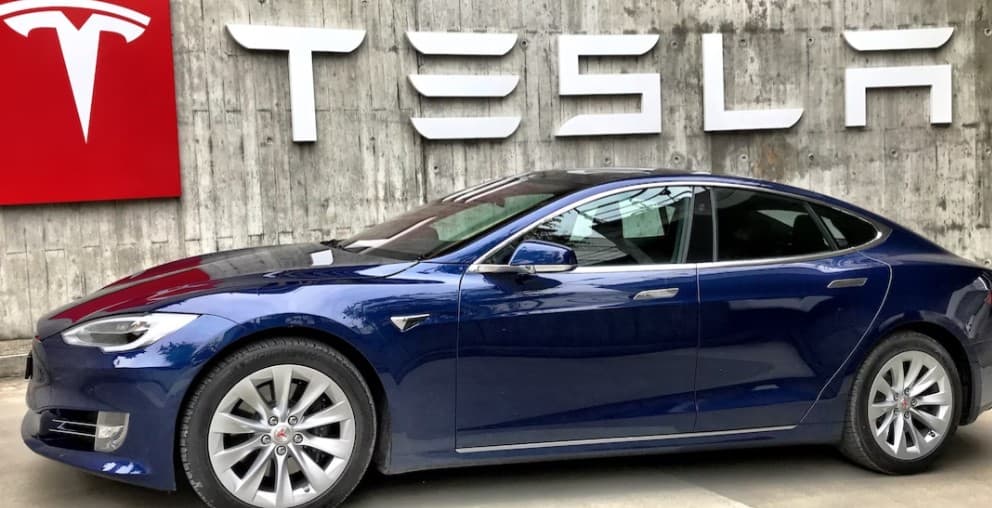Six months ago, Tesla’s (TSLA) shares were high. The company was valued at $1.1 billion — more than a dozen top automakers combined — and announced plans for a stock splitting.
Musk then revealed that he was the biggest investor at Twitter (TWTR), shortly followed by his announcement about plans to purchase control of the social media giant.
Since then, things have changed for Tesla shares.
Musk’s attempts to buy, then avoid purchasing — Twitter raised concerns among investors about the CEO of Tesla losing his focus. But that’s not the only issue for Tesla.
Tesla was hit with performance issues due to delays in the supply chain and China shutdowns. This caused production bottlenecks and a disappointing report Sunday for the third quarter. It fell far short of Wall Street expectations.
Shares fell 27% on Friday compared to April 1, which was the day Musk disclosed his investment in Twitter. They were also down another 8% Monday morning after the sales report.
Tesla critics had long claimed that Tesla’s extraordinary runup — where shares rose nearly 1,900% between when it finally reached profitability in fall 2018 and its peak price in April — was not justified. They also claim that the stock’s current problems indicate future setbacks.
Analyst Gordon Johnson, one of the most prominent Tesla bears on Wall Street, stated, “In general, inferior things happen when production slows down, prices drop, and the market credit you with a forward priced to earnings multiple of 45.3x earnings estimates.”
Wall Street Tesla enthusiasts predict that Tesla will continue to be well-positioned as electric vehicle demand increases.
“In a nutshell, this quarter was not something to write home about, and the Street will feel disappointed by the softening delivery number in the third quarter,” said Daniel Ives from Wedbush Securities, a tech analyst. “We view this as a logistical speed bump, not the beginning of a softer delivery trajectory.
Last Friday, Tesla displayed its latest robots. Musk promised his robot business would revolutionize the company’s sales, profitability, and marketing in a series of tweets. Ives stated that the timing of the company’s AI day was detrimental to the stock’s value.
“Even though it is visionary, I don’t think it’s reading the room. Ives stated that there is a view that he doesn’t see the urgency of what must be done. It’s not a good look for Wall Street to have an AI Day on Friday and a delivery miss Sunday.
Musk’s comments over the past six months have not been the only problem for the stock’s price.
Tesla opened two new plants in Texas and Germany. Musk called them “gigantic money furnaces,” burning through billions of dollars as they tried to increase production. In one interview, he even mentioned the possibility of bankruptcy.
As if that wasn’t enough to harm Tesla shares, Musk announced in June that he has a “super negative feeling” regarding the economy. He also stated plans to reduce salaried employees.
Ives stated that Musk had “fuelled a fire” and that the Twitter fiasco added to the six-month nightmare for stock prices.
However, the problems with Tesla shares aren’t isolated.
Similar drops have been experienced by many other tech stocks that have been high-flying in the past six months. As interest rates rose globally, fears of a global recession grew that the market would turn bearish.
Apple (AAPL) shares dropped 21% in the second and third quarters while Google (GOOG) parent Alphabet plunged 31% and Facebook parent Meta (FB) plunged by 39%. Amazon (AMZN) shares lost 31%.
This market environment makes it even more critical for Tesla to improve its execution to ensure investors that its stock value doesn’t just look good.
Ives stated, “You must execute to keep faith with growth investors.” They haven’t lived up the standards of the last two quarters.”

